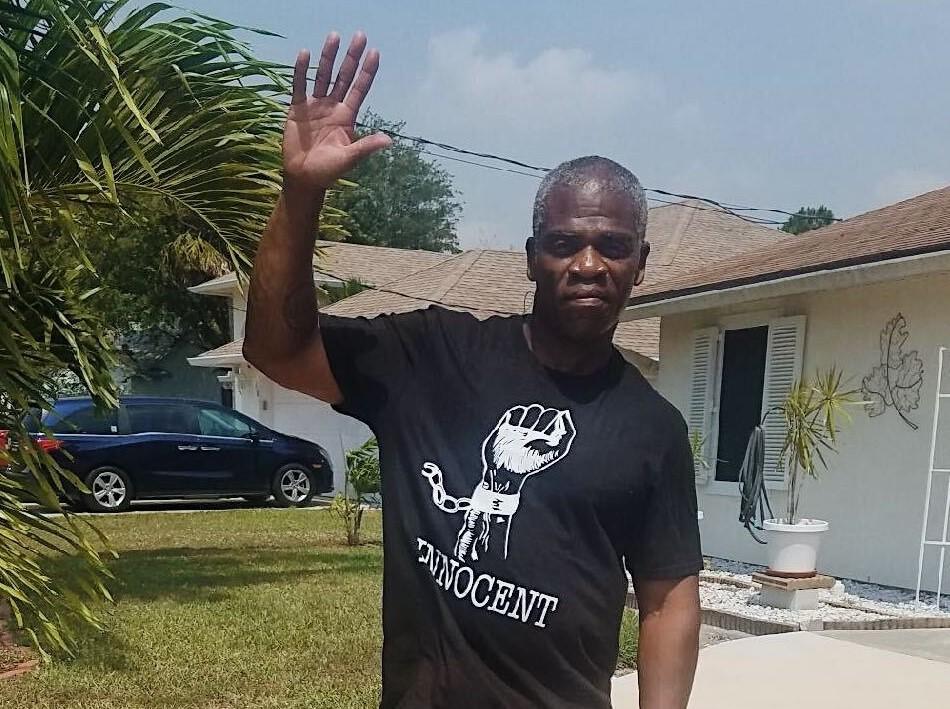
Caption
Leonard Cure, seen here in a photo provided by the Innocence Project of Florida, was exonerated in 2020 of an armed robbery conviction in Florida, before being killed last year during a traffic stop in Camden County, Ga.
Credit: Innocence Project of Florida

